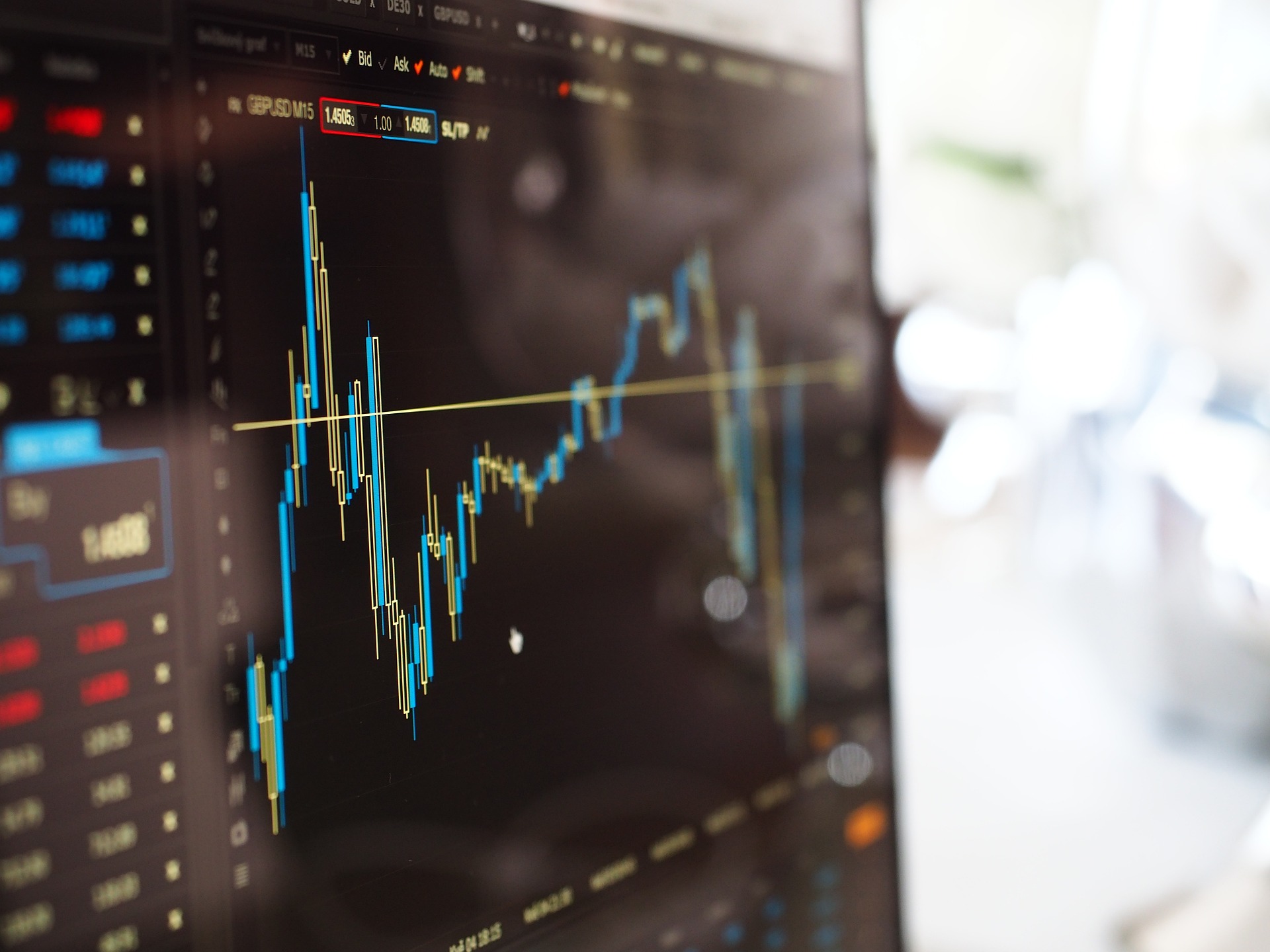In January 2021 the American store GameStop made global news when a short squeeze of their stocks was triggered by a so-called Reddit Revolt.
Members of the subreddit r/wallstreetbets were angry that hedge funds and short sellers were targeting GameStop, a store that many of them saw as a nostalgic relic of their childhoods.
To get their own back, users rushed to buy stocks in GameStop, which caused the pre-market value to rise over $500 for one share. The subsequent short squeeze made several Reddit users incredibly wealthy whilst also decimating the profits of several high-profile investment funds.
The media furore over the incident led to a huge increase in the amount of retail investors making their way into the market; many fell into the trap of thinking that online trading is as easy as joining a subreddit and sending the stock to the moon…
Unfortunately, neither investing nor trading are quite that simple. The online trading landscape is fraught with pitfalls and confusing acronyms and terms that can make investing seem like an invite-only party.
This is why we’ve put together this informative article telling you everything you need to know about one of online trading’s most misunderstood concepts, CFDs. Read on to find out everything you need to know about CFDs.
What Is a CFD?
The acronym CFD stands for ‘contract for difference’ which is a contract set up between a buyer and a seller that stipulates that the buyer has to pay the seller the difference between the current value of an asset and the value of the asset at the end of the contract.
How Does CFD Trading Work?
Traditionally if you want to make money on the financial market, you buy an asset when you perceive it to be undervalued and then sell it when it becomes overvalued. In essence, this is a straightforward way of understanding the stock market and investing.
However, with trading, things are different. Sometimes the value of an asset is too high for you to buy it outright, which is why mechanisms like CFDs exist. With CFD trading you never actually own the asset, instead, you are just speculating on whether the price will go up or down in the future.
At the beginning of the trade, you have the option to open a buy or sell position. If you think the value of the asset will rise by the end of your given period, you could open a long (buy) position and if you think the value will fall, you could open a short (sell) position. In this article, we are only covering the very basics of CFD trading.
(Still stumped? Watch this video on CFDs to improve your understanding.)
CFD Accounts
If you want to start CFD trading you will need an account. This is because all CFD trading needs leverage – you need to have enough money in your account to cover any losses.
There are a number of providers out there to help you set up a CFD account, just make sure you do your research first and pick one that suits your needs and is reliable, trustworthy, and regulated by a financial authority.
When you sign up to create an account, you will have to go through some security and verification processes to prove that you are a real person and have the money to cover potential losses.
Some providers also require you to set up a demo account where you can practice before you start trading. If you’re new to trading in general, it’s a good idea to practice with a demo account anyway as it will get you accustomed to fluctuations in the market and help you iron out mistakes. You could pick the markets and the financial instruments that you are most knowledgeable about from bonds and forex pairs to stocks and indices (see the Crude Oil West Texas cash derivative price chart for CFD trading).
Why Do I Have To Jump Through Hoops To Open a CFD Account?
When you are trading CFDs you hold a leveraged position, which means that you are only putting down a fraction of the value of the asset. The rest of the money comes from your broker, so you are essentially taking out a short-term loan if things go bad.
If you’re making a 10% trade on something with a value of £1,000, you will have to put up £100 whereas your broker will put up the remaining £900.
Commission
As with everything there is a price to pay when it comes to CFD trading. Companies don’t just put up money for you and expect nothing back in return.
CFD account providers take a commission on all of your successful trades, and the amounts taken by companies can vary wildly. As mentioned above, do your research thoroughly and find a provider that won’t decimate your profits with huge commission figures.
In Summary
CFD trades allow you to get involved in some of the bigger ticket deals that you otherwise wouldn’t be able to. Your account provider will help you with the funds, but you do need to prove that you have enough in reserve to cover potential losses.
Bigger trades can be more volatile and susceptible to nuanced changes in the market that you may not be aware of or clued into if you’re not a seasoned trader. Like anything financial, cover your back by doing as much research as you can and don’t just expect something to go to the moon because someone on Reddit said it would…
Spread bets and CFDs are complex instruments and come with a high risk of losing money rapidly due to leverage. The vast majority of retail client accounts lose money when spread betting and/or trading CFDs. You should consider whether you understand how spread bets and CFDs work and whether you can afford to take the high risk of losing your money.
Marketing for CFDs and spread betting is not intended for US citizens as prohibited under US regulation.
















